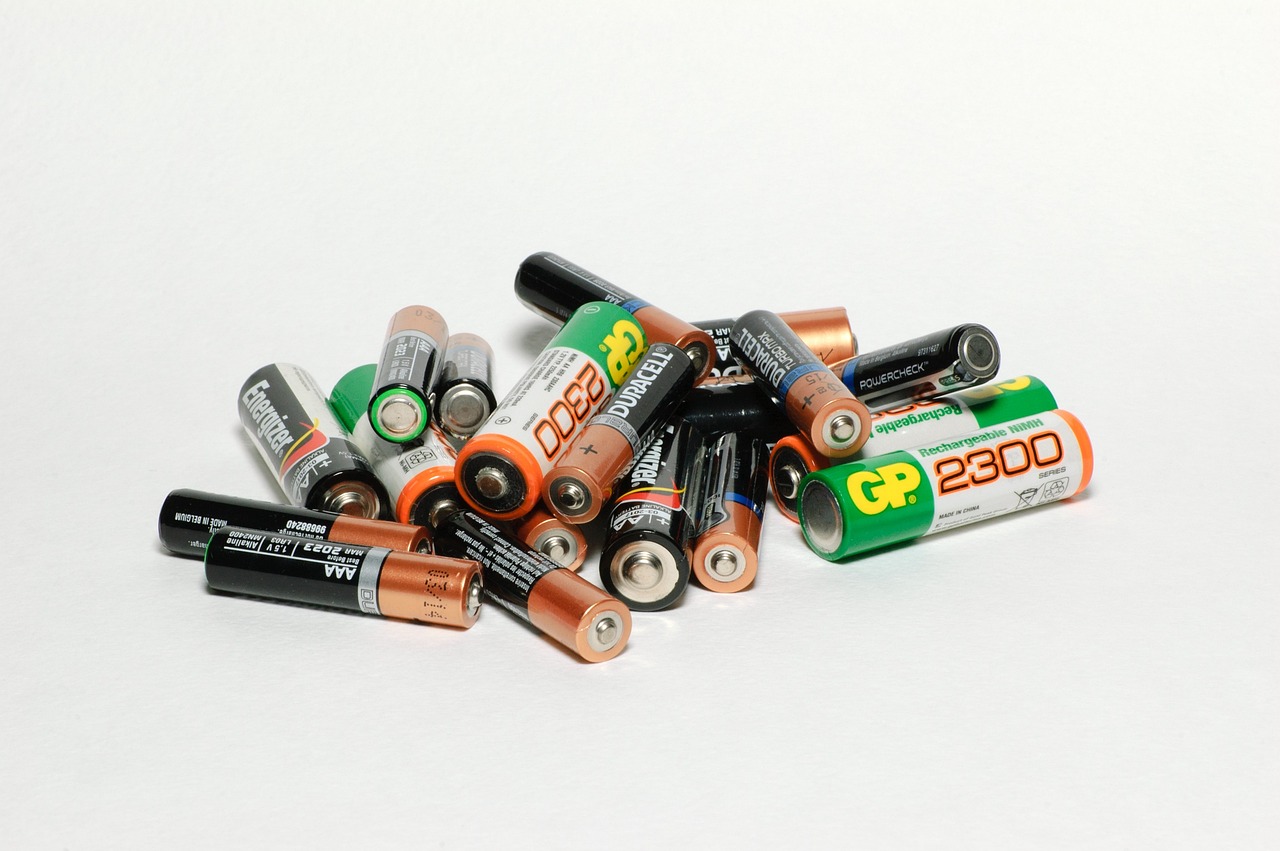Understanding the Battery and Waste Battery Regulations
The European Union (EU) has recently introduced new regulations for batteries and waste batteries. These regulations aim to improve the sustainability of batteries and reduce the environmental impact of their disposal. In this blog, we’ll explore the key requirements of the Battery and Waste Battery Regulations and how they impact consumers and businesses.
The Battery and Waste Battery Regulations were introduced in 2006 with the aim of reducing the environmental impact of batteries throughout their life cycle. The regulations cover a range of battery types, including portable batteries, industrial batteries, and automotive batteries.
 Key Requirements of the Battery Regulations
Key Requirements of the Battery Regulations
The Battery Regulations require battery manufacturers to reduce the amount of hazardous substances used in batteries, such as lead, mercury, and cadmium. They also require manufacturers to label batteries with information about their composition and recycling instructions.
In addition, the regulations require battery manufacturers to meet minimum energy efficiency standards for certain types of batteries, such as rechargeable batteries used in portable electronic devices.
The Waste Battery Regulations require member states to establish collection systems for waste batteries and to ensure that they are properly disposed of or recycled. The regulations also set targets for the collection and recycling of waste batteries.
Impact of the Battery and Waste Battery Regulations on Consumers and
Businesses
The Battery and Waste Battery Regulations have a significant impact on consumers. The labeling requirements make it easier for consumers to identify which batteries can be recycled and how to dispose of them properly. The energy efficiency standards also help ensure that consumers are using more efficient batteries, which can save them money on their energy bills.
The Battery and Waste Battery Regulations also have a significant impact on businesses. The reduction in hazardous substances used in batteries can lead to increased costs for manufacturers, as they may need to find alternative materials or processes. However, compliance with the regulations can also lead to new business opportunities, such as the development of more sustainable battery technologies.
 Compliance with the Battery and Waste Battery Regulations
Compliance with the Battery and Waste Battery Regulations
Compliance with the Battery and Waste Battery Regulations is mandatory for all battery manufacturers and importers operating within the EU. Failure to comply with the regulations can result in fines or other penalties.
At SFQ, we are committed to helping our clients comply with the Battery and Waste Battery Regulations. We offer a range of sustainable battery solutions that meet the requirements of the regulations while also providing reliable performance. Our team of experts can help clients navigate the complex regulatory landscape and ensure that their battery products are compliant with all relevant regulations.
In conclusion, the Battery and Waste Battery Regulations are an important step towards a more sustainable future for batteries. By reducing hazardous substances and promoting recycling, these regulations help protect the environment while also providing benefits for consumers and businesses alike. At SFQ, we are proud to support these efforts by offering sustainable battery solutions that meet the requirements of the regulations.
Post time: Aug-25-2023

